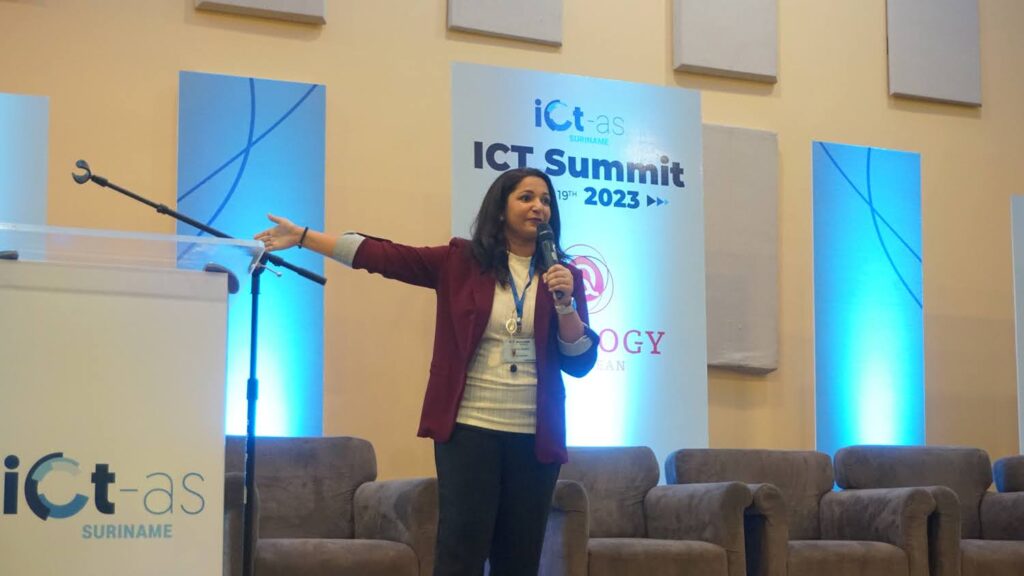Emotional Intelligence for Leaders
What it is and why it’s important?
On January 6 and 7, 2023, Sheetal Sujan facilitated a professional development workshop entitled “The Emotional Intelligence Workshop for Leaders.”
The program was attended by 16 participants and focused on the importance of emotional intelligence as a foundation for effective leadership and strong team dynamics in the workplace. Through the workshop, participants gained an understanding of how to effectively manage their own emotions and the emotions of others, leading to improved communication, collaboration, and overall success in the workplace.
Below is a short teaser of this session:
What is emotional intelligence?
Emotional intelligence (EI) refers to the ability to recognize, understand, and manage one’s own emotions, as well as the emotions of others. It includes several key components, such as:
- Self-awareness: The ability to recognize and understand one’s own emotions and how they influence behavior.
- Self-regulation: The ability to control or redirect disruptive impulses and emotions.
- Motivation: The ability to harness emotions to promote personal growth and goal attainment.
- Empathy: The ability to understand and respond to the emotions of others.
- Social skills: The ability to build and maintain relationships, communicate effectively, and handle conflicts.
Having a high level of emotional intelligence allows individuals to navigate social interactions effectively and build strong relationships, both personally and professionally. Additionally, it can lead to better decision-making, improved stress management, and stronger leadership abilities.
Leaders who have high emotional intelligence can:
Leaders with high emotional intelligence possess the capability to effectively interact with others and establish strong relationships, both in their personal and professional lives. They possess skills such as:
- Strong communication skills: They can understand and respond to the emotions of others, allowing them to communicate clearly and effectively.
- Building cohesive teams: They can create a positive and supportive work environment that increases motivation, collaboration, and team members’ commitment.
- Conflict resolution: They can grasp the emotions and perspectives of others, allowing them to mediate conflicts and find mutually beneficial solutions.
- Inspiration and motivation: They can understand the emotions and needs of others and inspire and motivate them to achieve their goals.
- Sound decision-making: They consider the emotional impact of their decisions on team members and customers while making decisions.
- Adaptability: They can manage their emotions and help others during times of change.
- Being a role model: They set a good example for their team to follow and promote a positive work culture.
Want to plan a workshop for your leadership team?
Click on the button below to find out more about what we cover in
the Emotional Intelligence Workshop for Leaders.
Click here to find out about the next event



